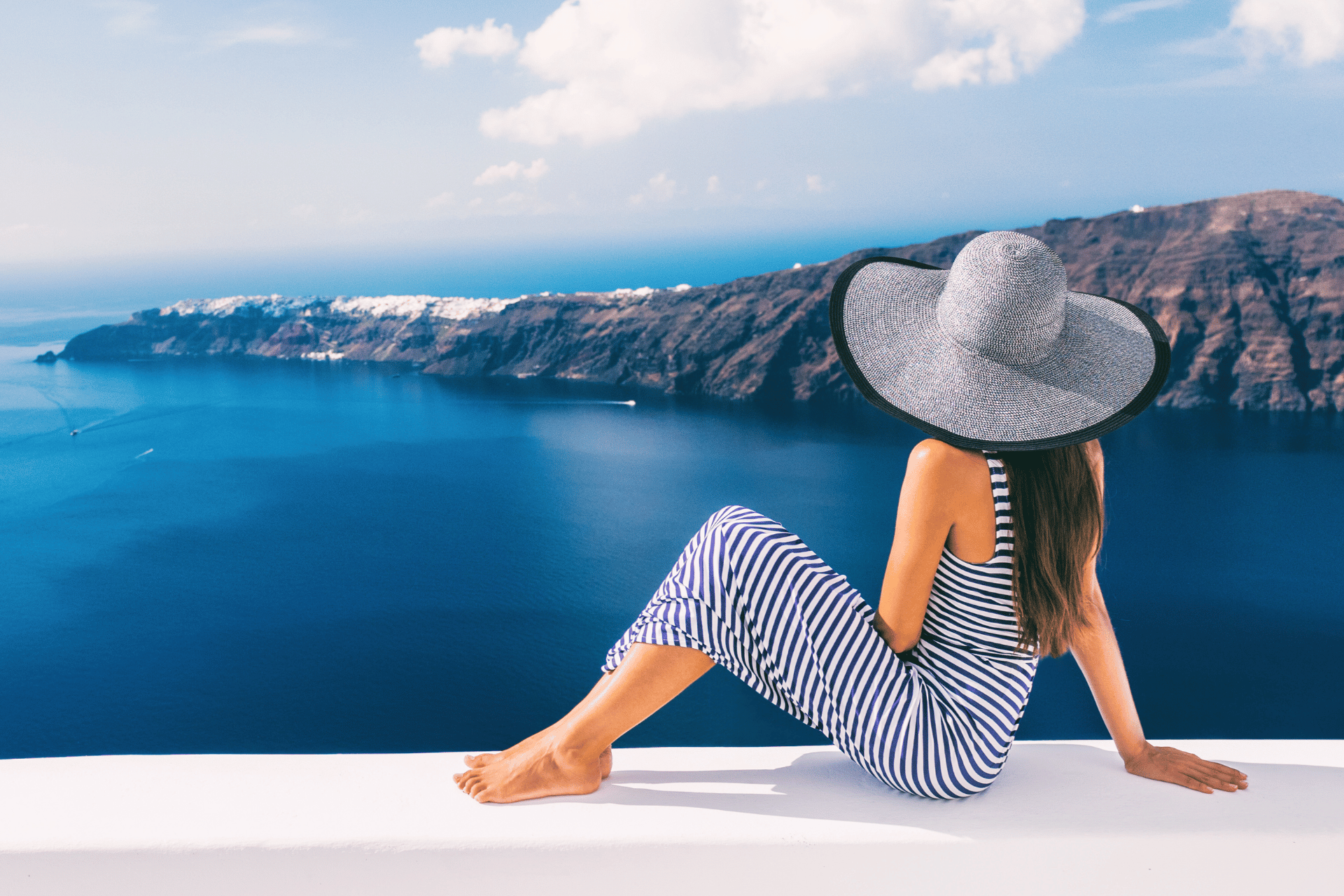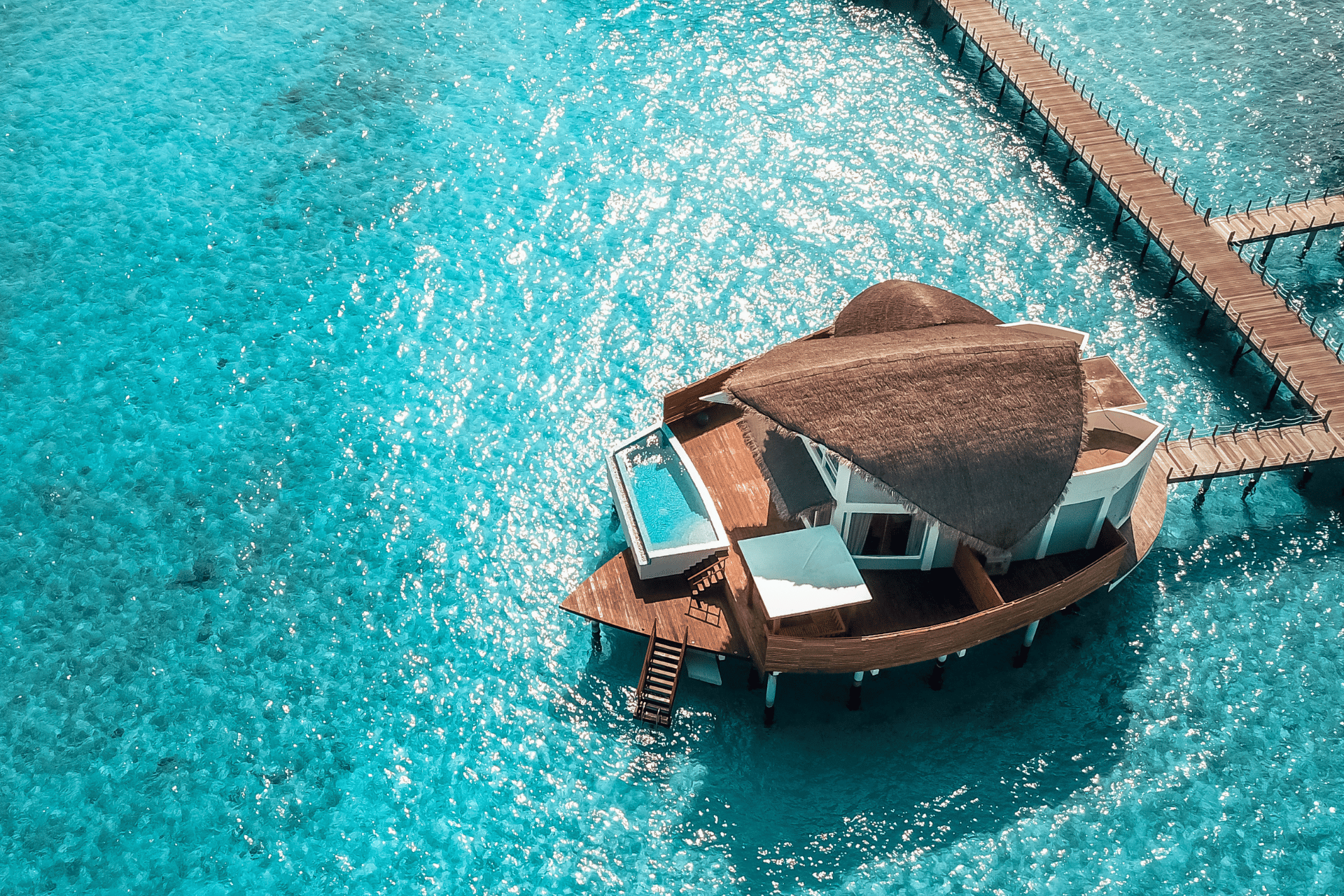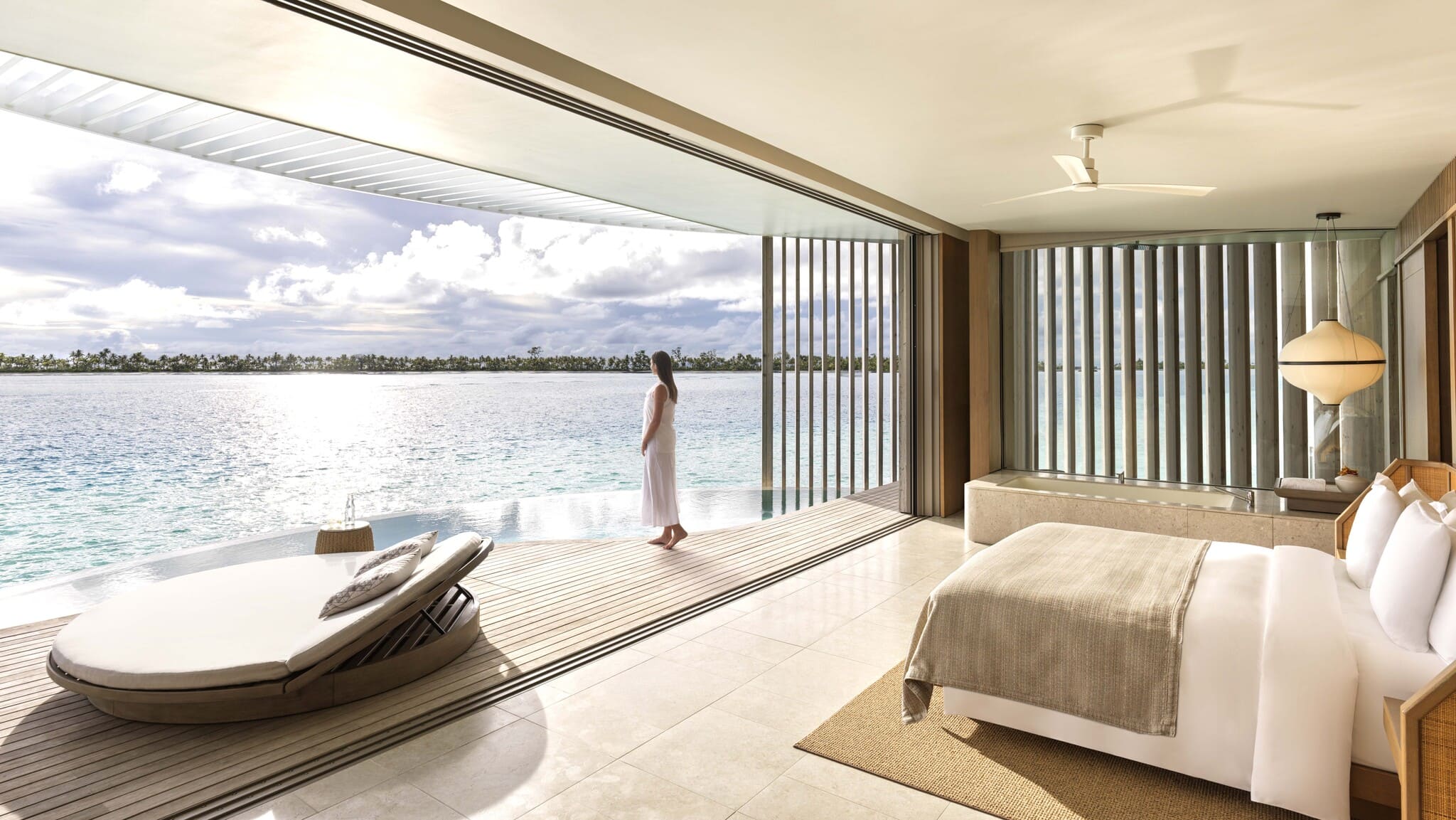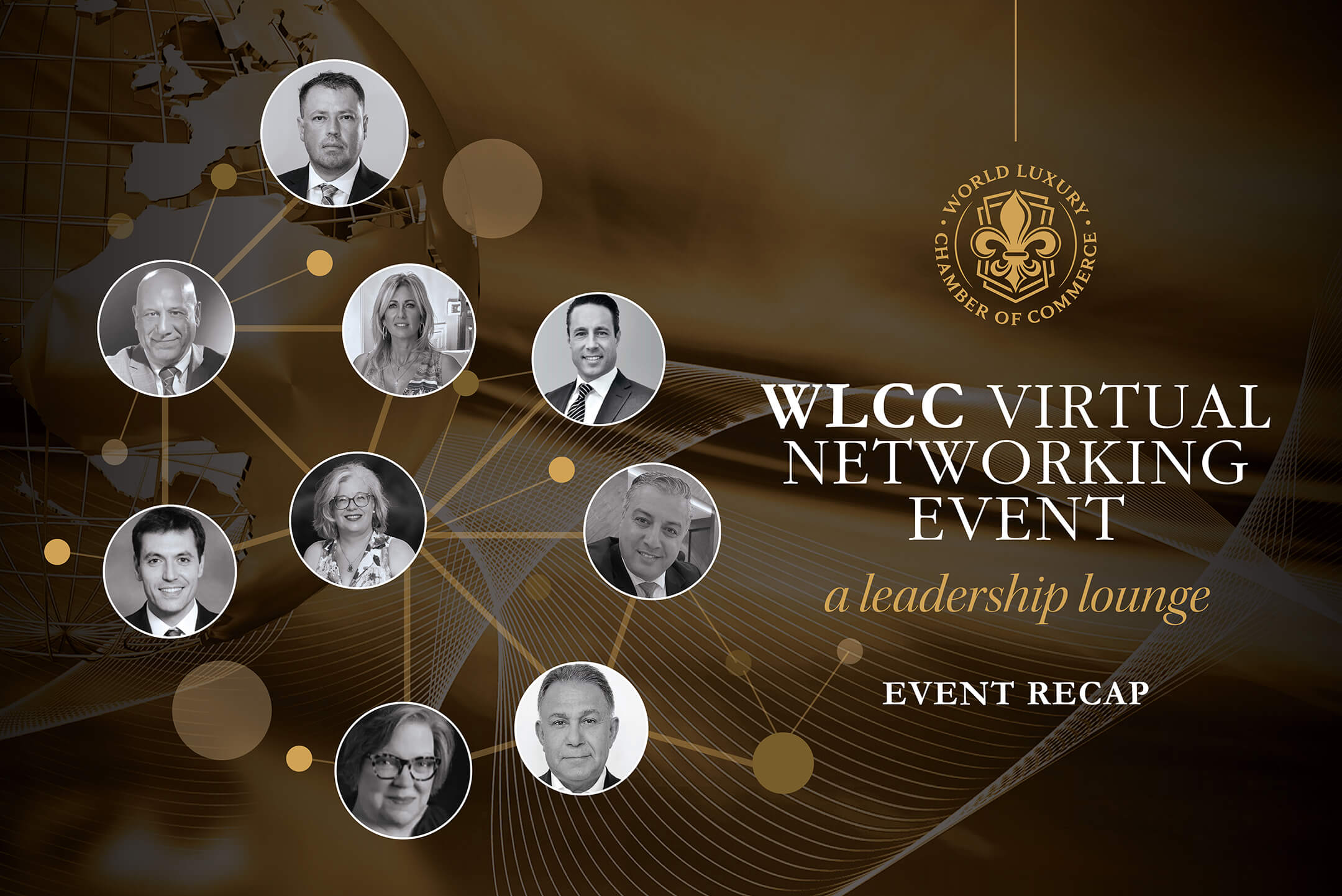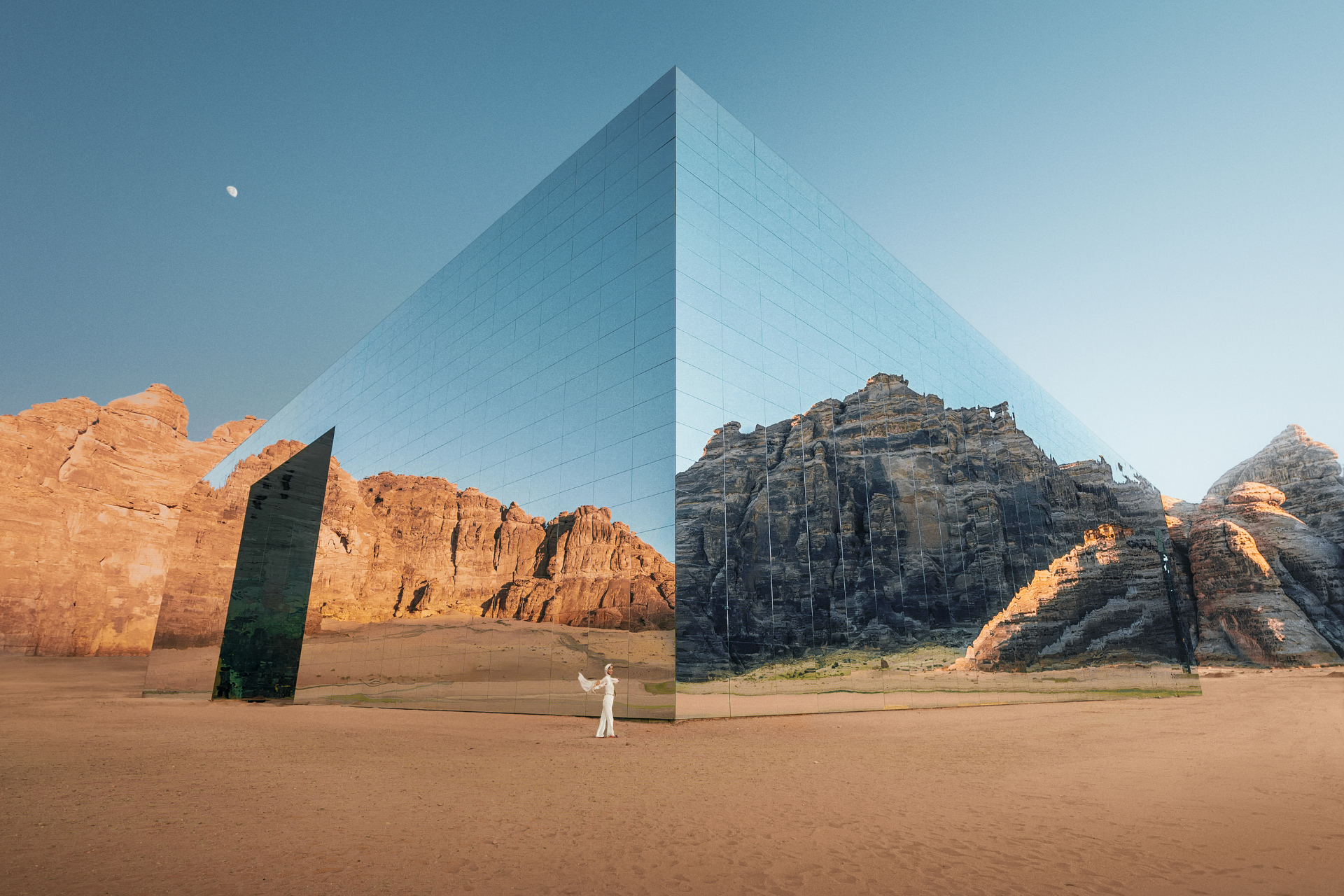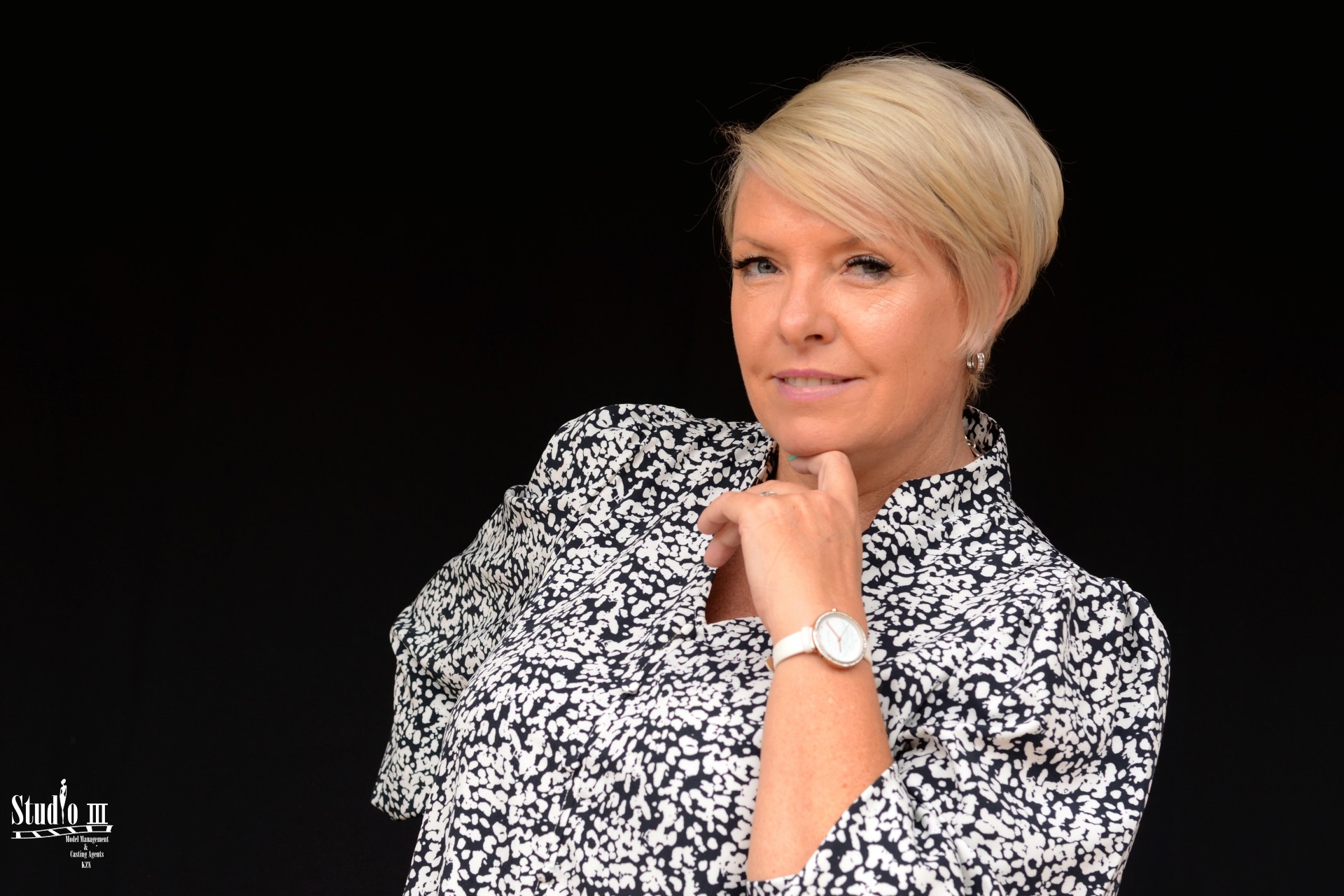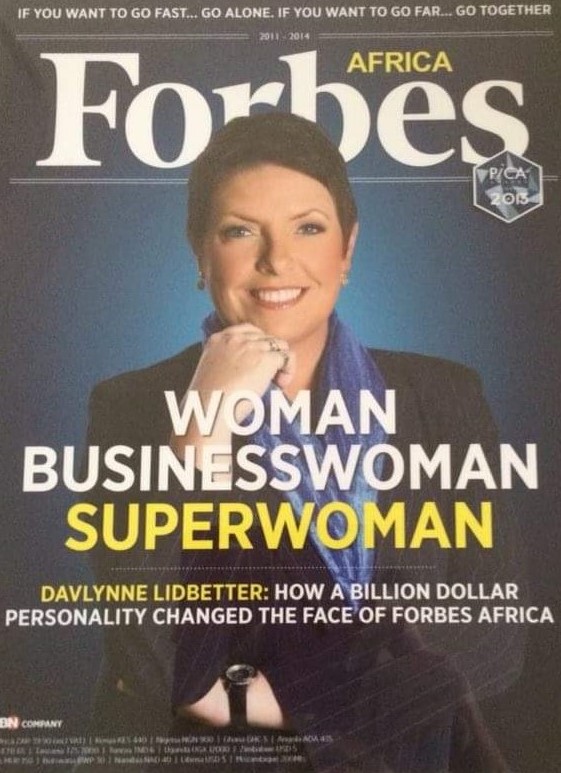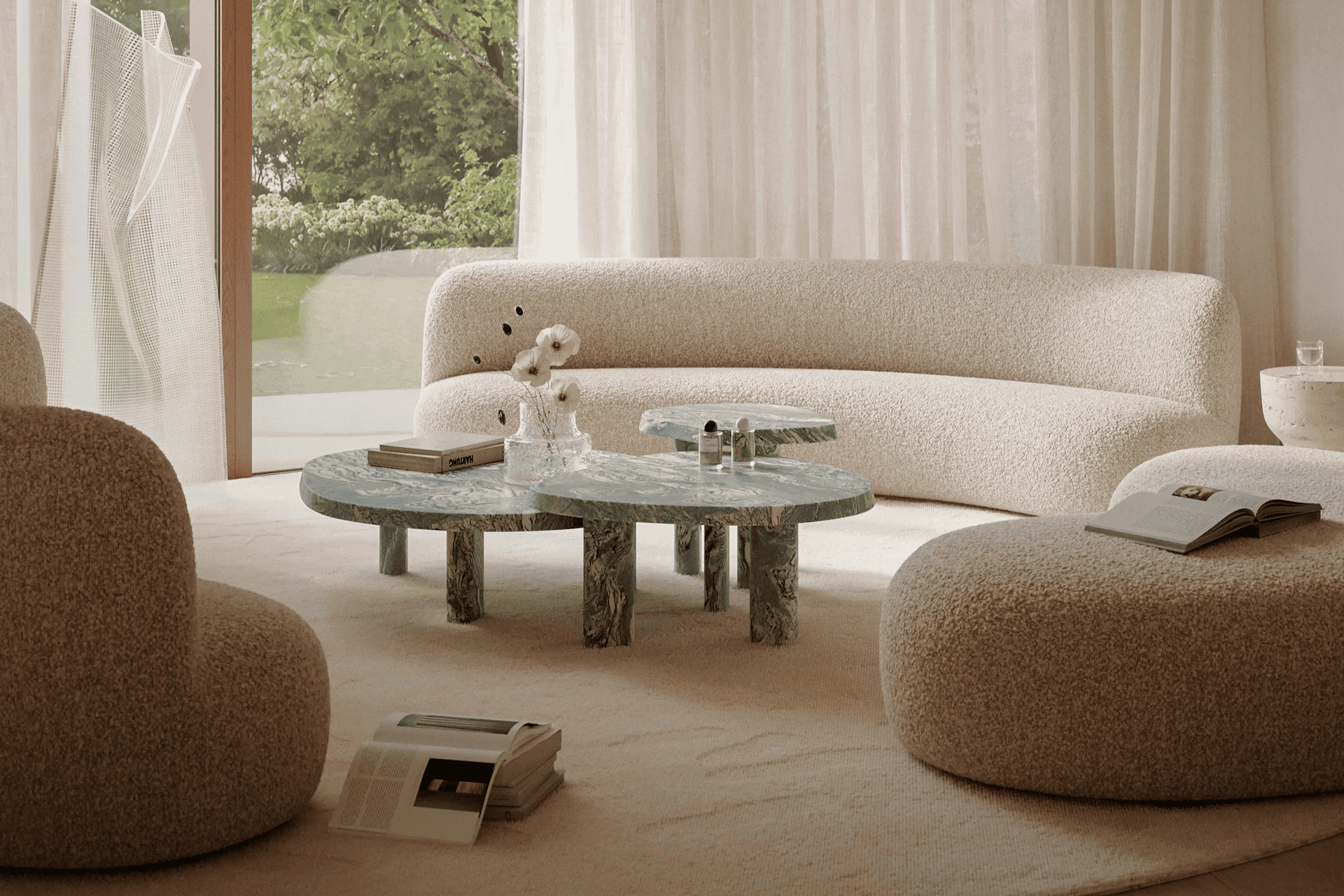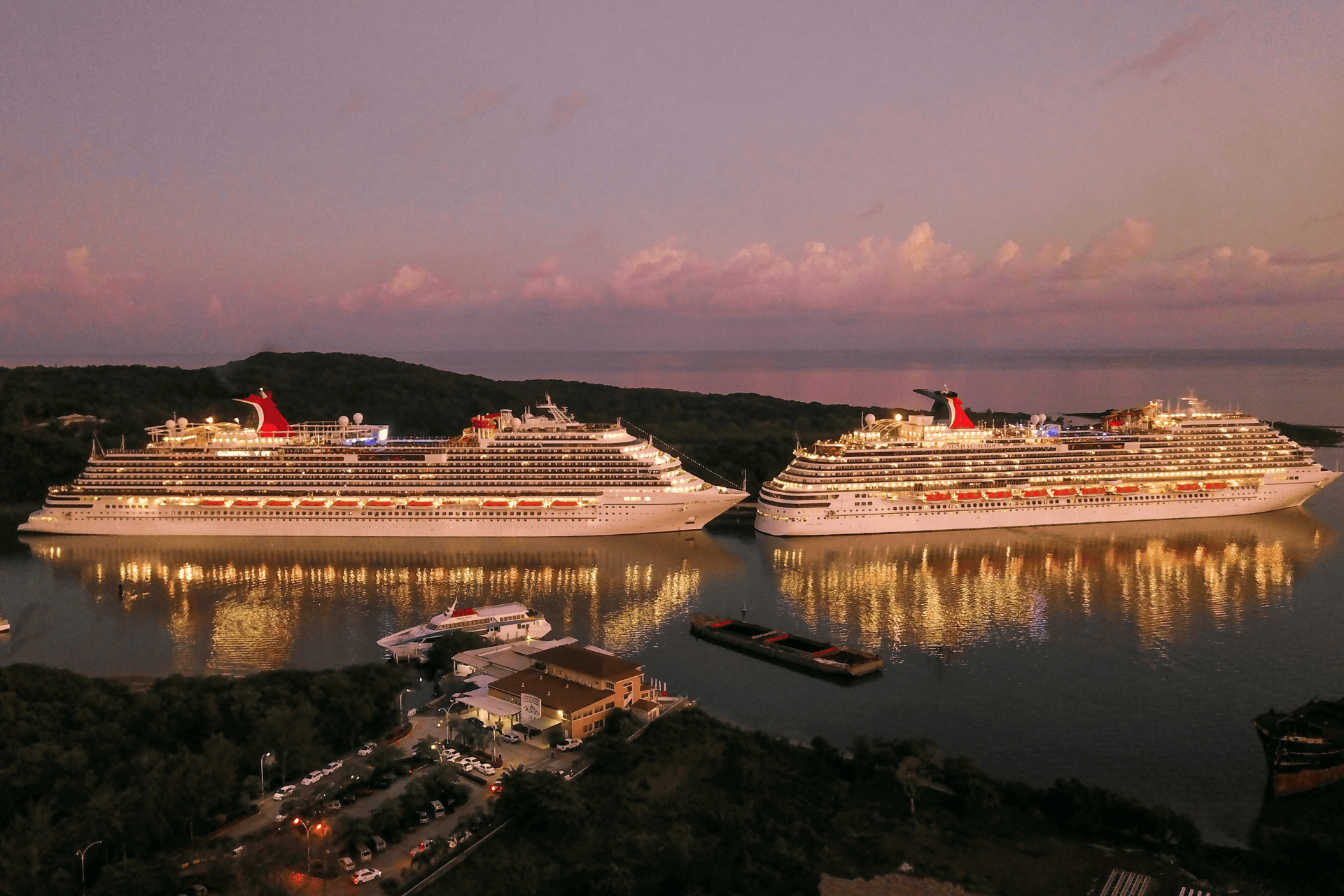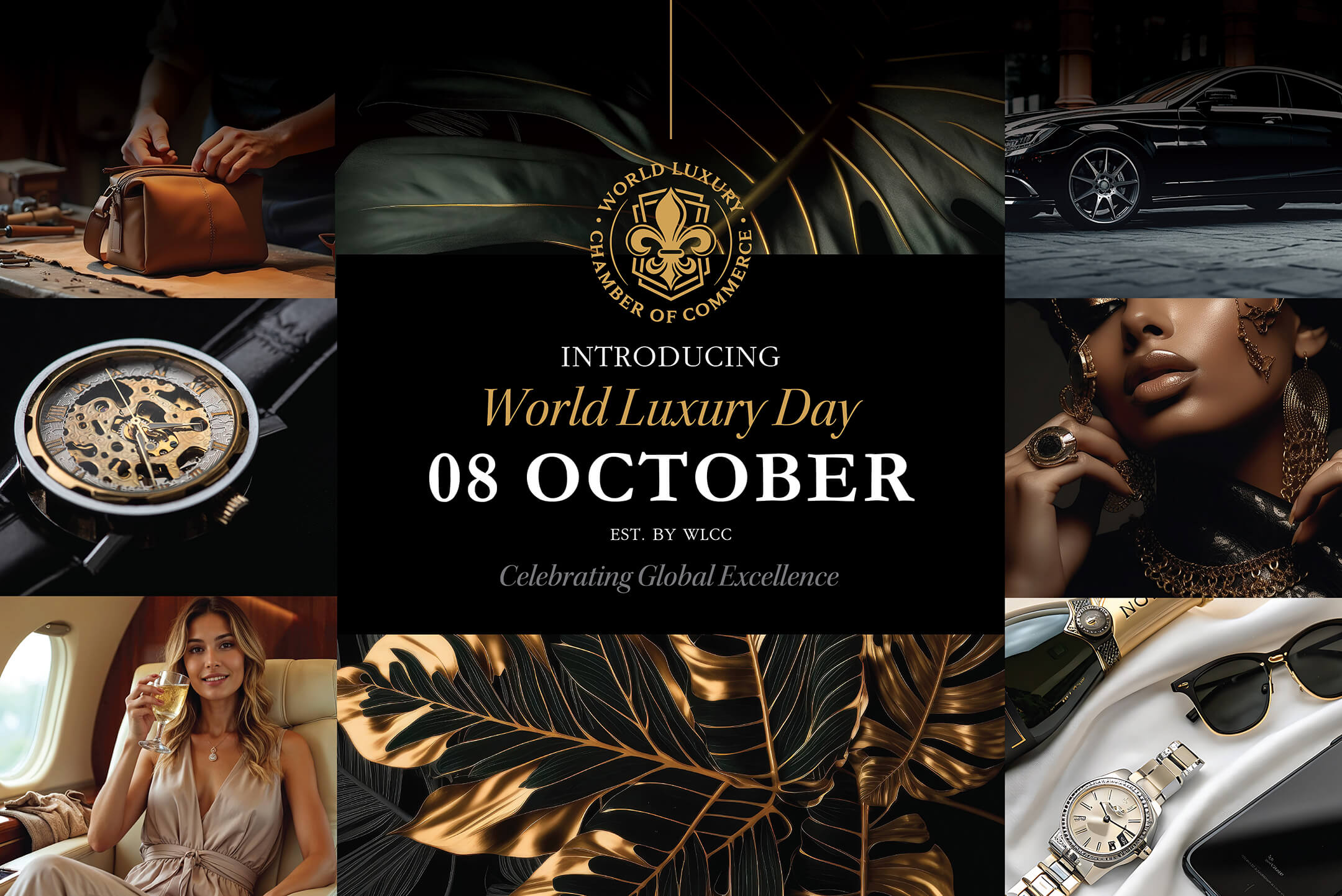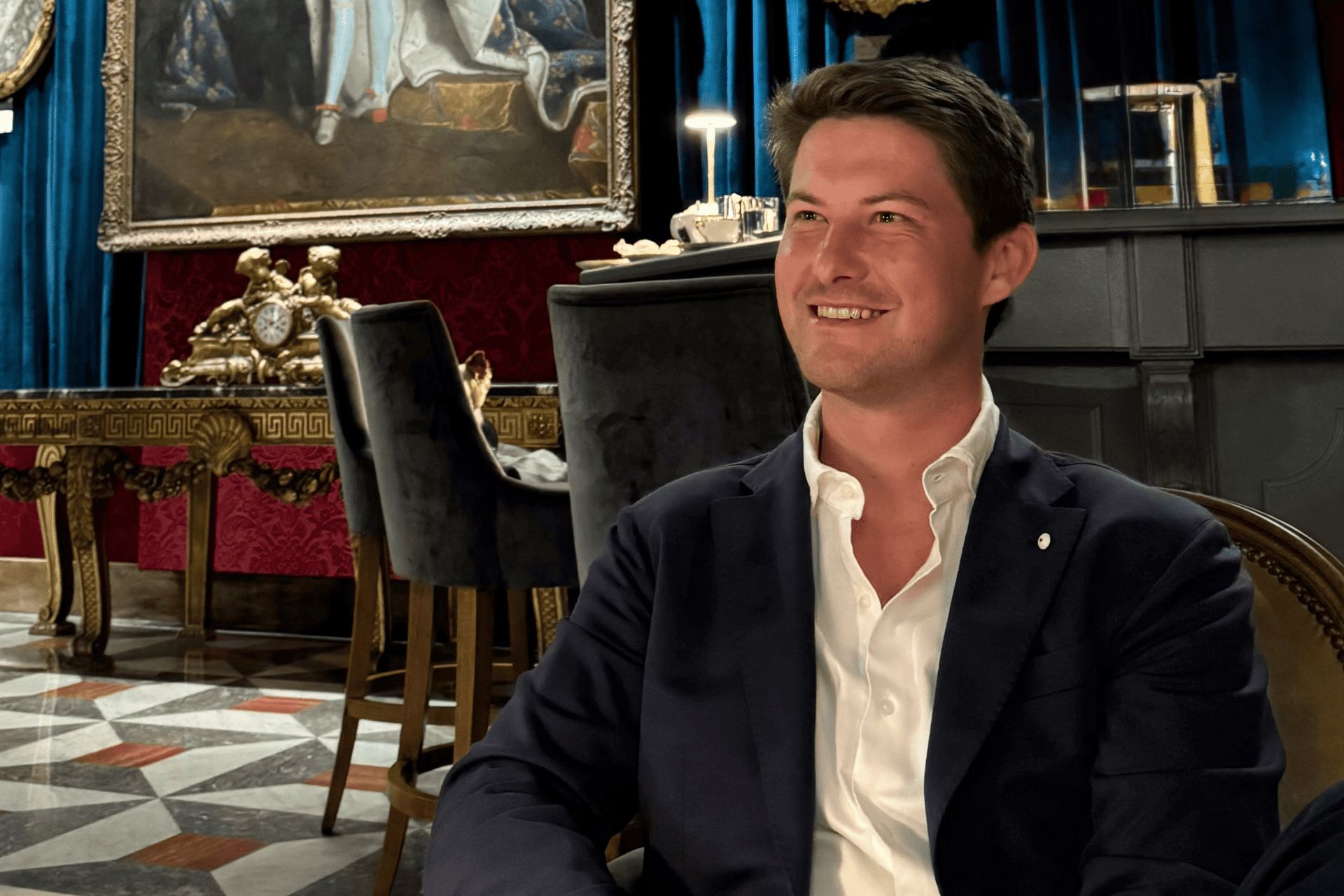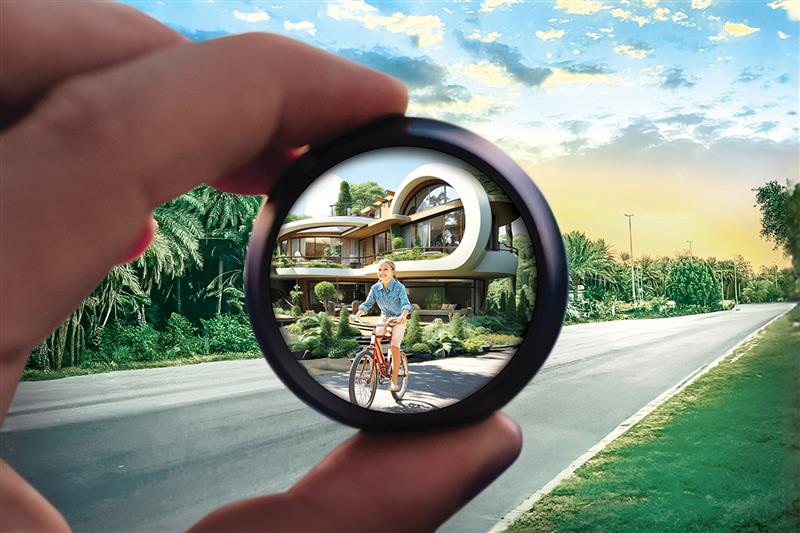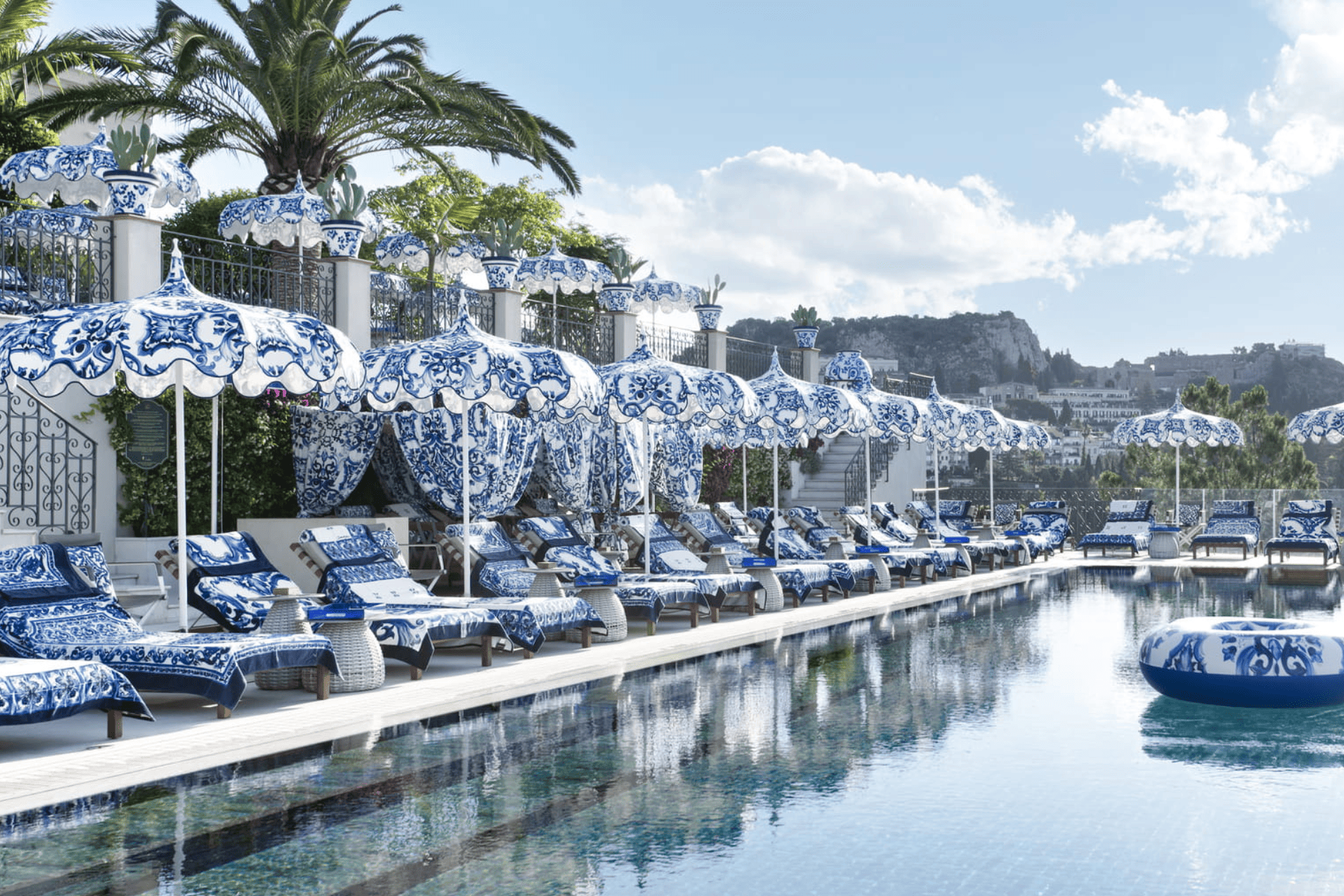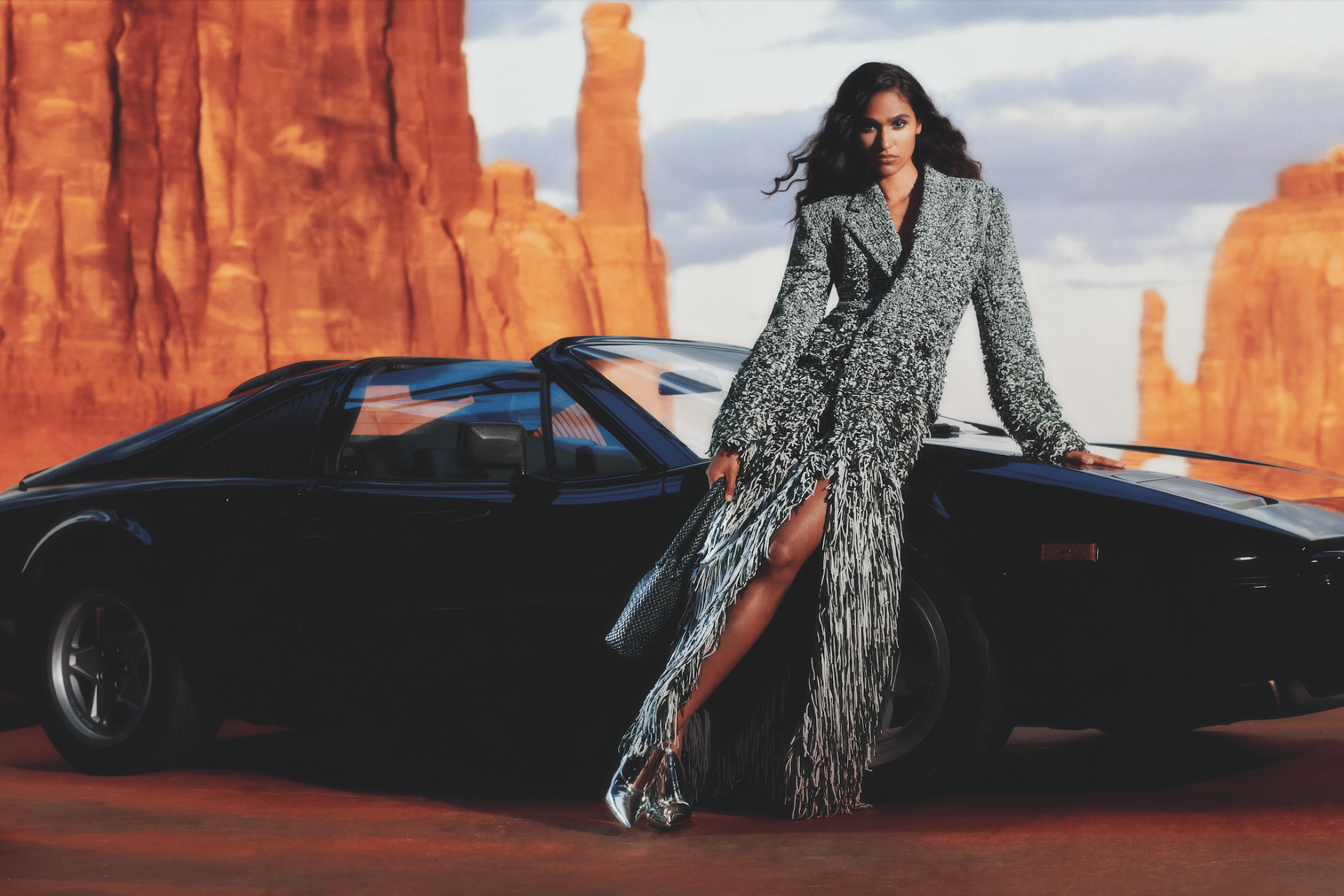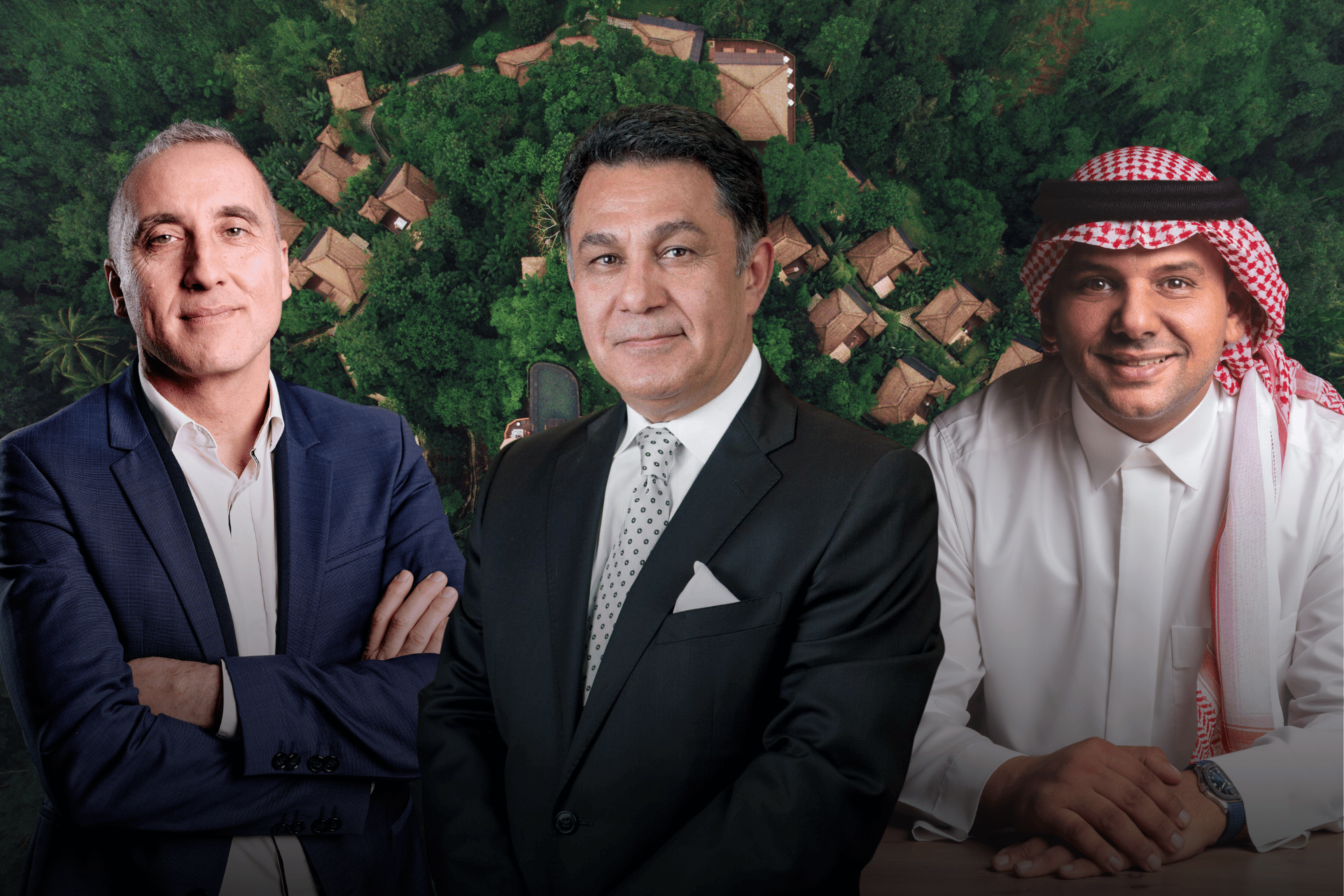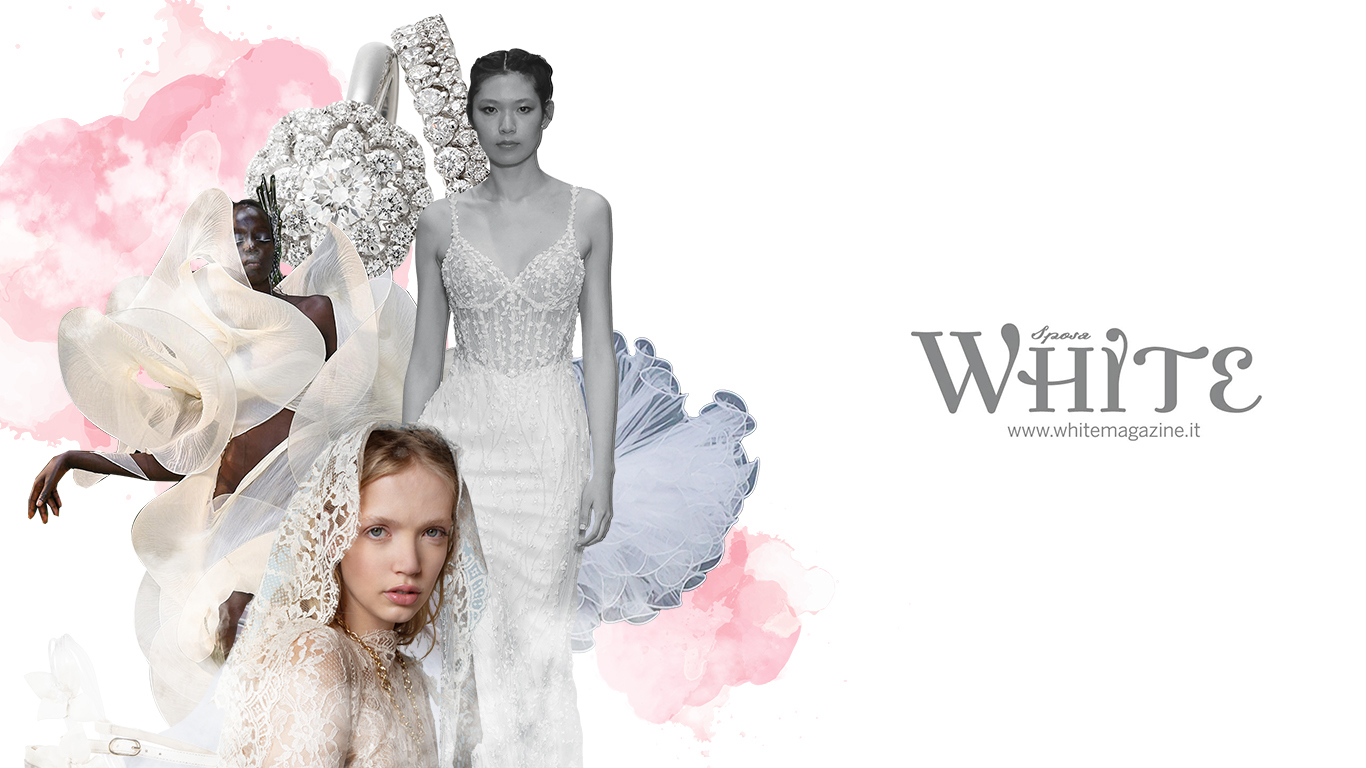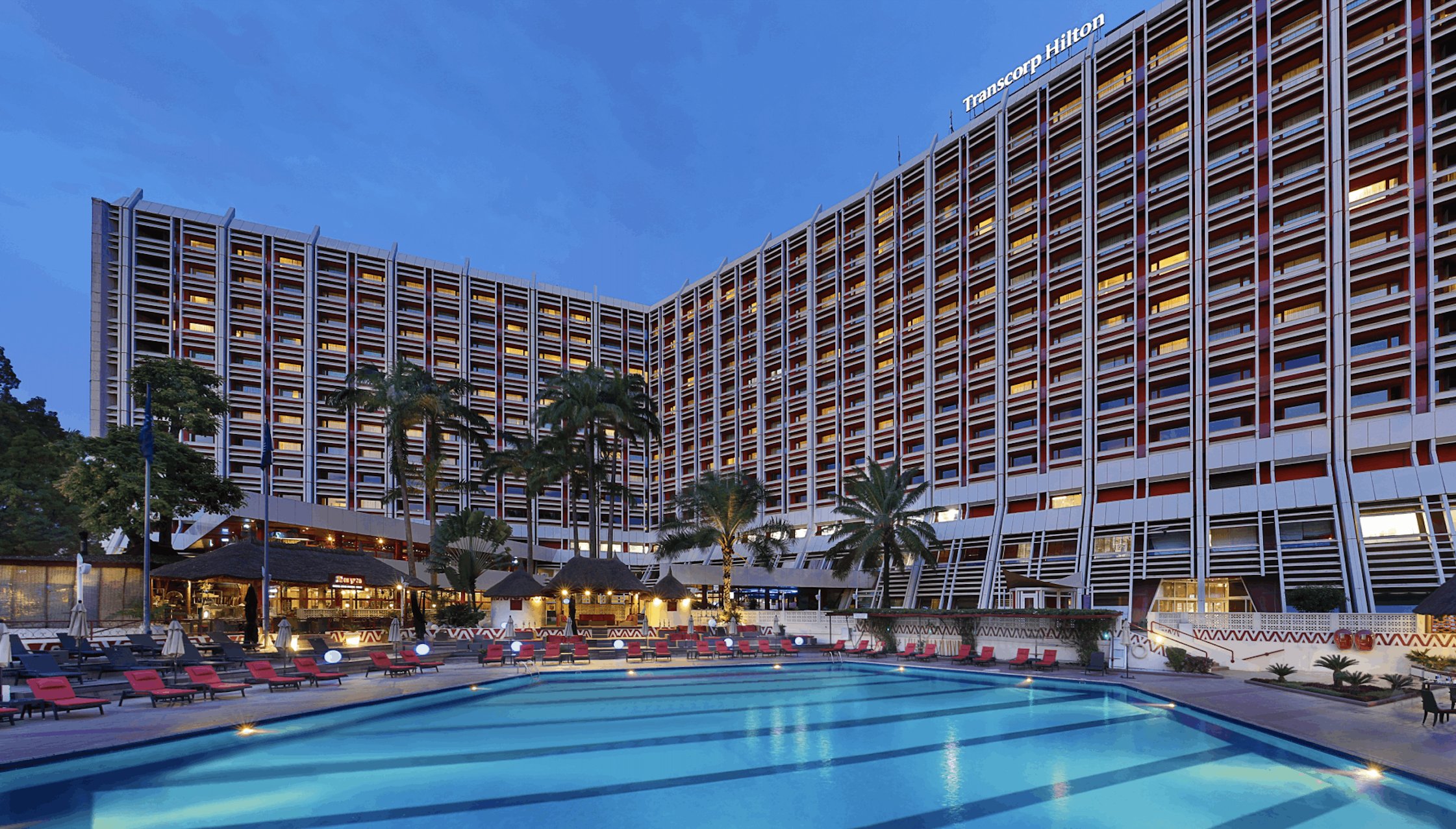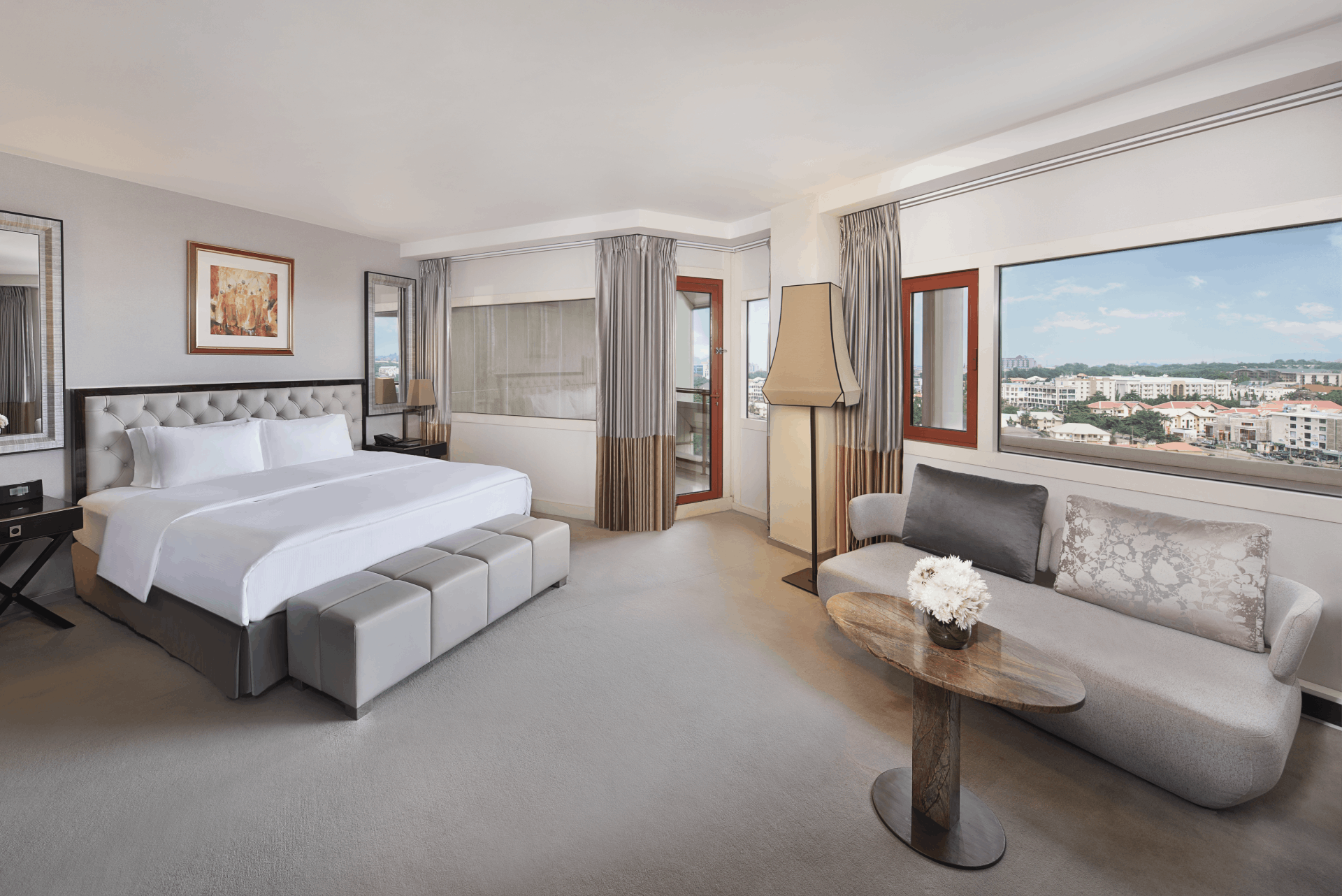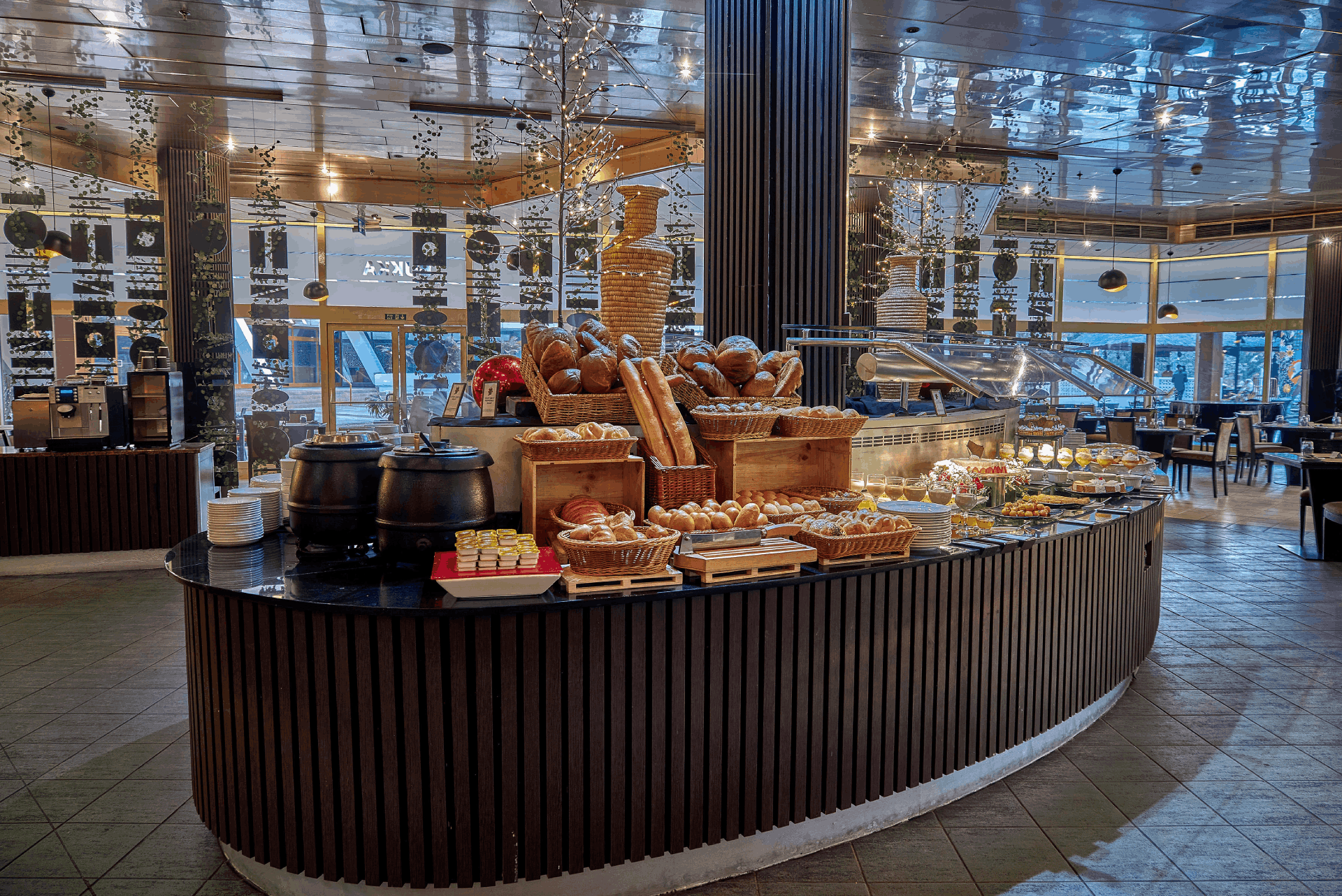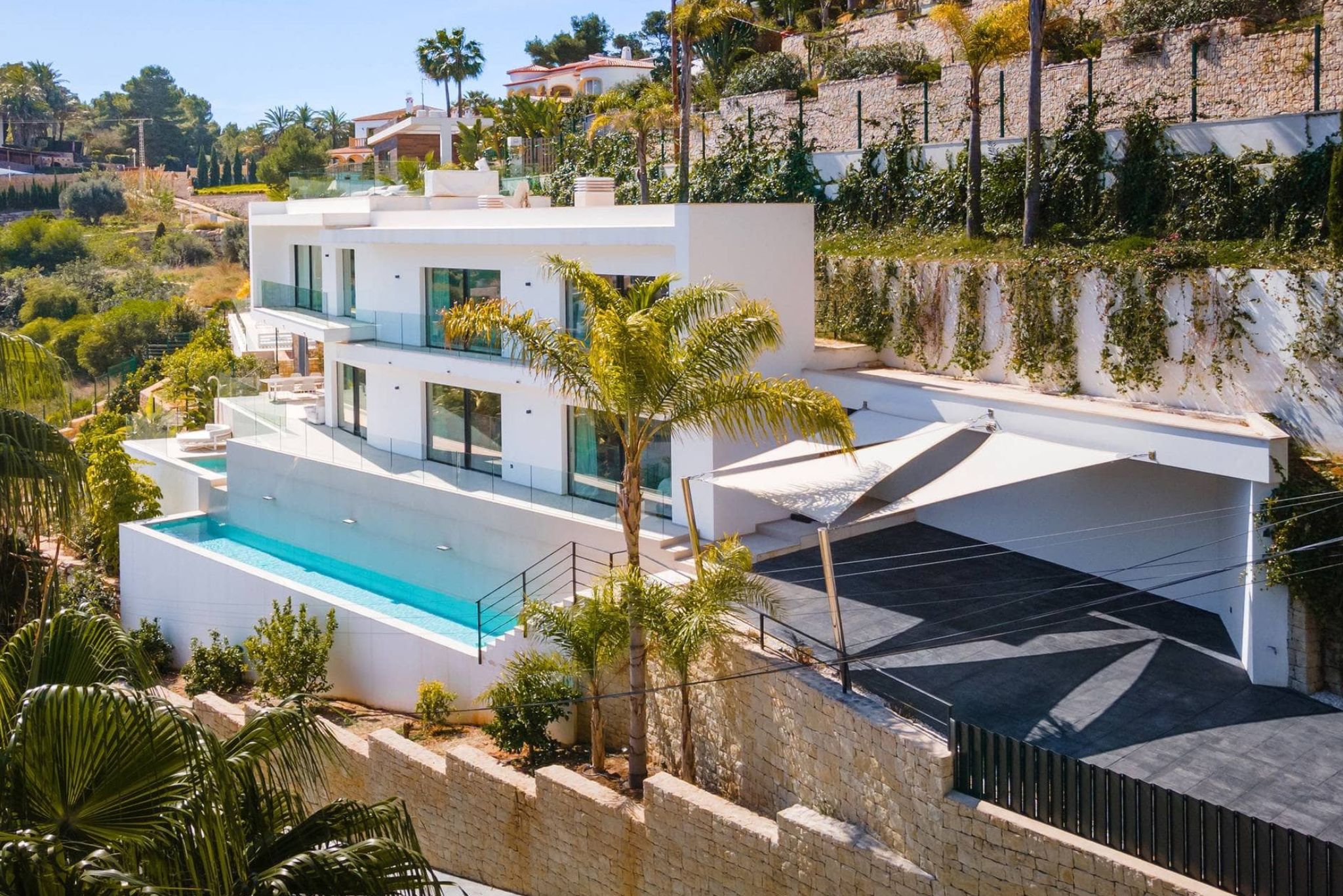Luxury travel continues to evolve, and few people understand its variances better than Davlynne Lidbetter, Co-Publisher of Beau Monde Traveler. Known for its rich editorial, dynamic media content, and high-quality print editions, Beau Monde Traveler stands out as a leading source for sophisticated travelers seeking new destinations and meaningful experiences. With a sharp focus on storytelling and first-hand discovery, the platform showcases the finest hotels, resorts, cuisine, and cultural highlights from around the world.
As a distinguished media partner of World Luxury Chamber of Commerce, Beau Monde Traveler has expanded its global distribution of luxury content to exclusive international venues, and Gold Key Media now delivers Beau Monde Traveler digitally to over 700 premium outlets across 60 global cities. The magazine is featured within a curated digital library accessible in elite spaces such as the Burj Al Arab, Park Hyatt New York, The Peninsula Paris, Necker Island, and leading airport lounges from Swissport Aspire and Collinson’s Chase Sapphire to Oneworld and SNF.
This interview explores the evolving expectations of affluent travelers, emerging shifts in luxury content, and what’s next for one of the industry’s most influential media platforms.
Alexander Chetchikov: Beau Monde Traveler has become a major force in luxury travel publishing. From your perspective, how have affluent travelers changed their approach to travel in recent years?
Davlynne Lidbetter: There’s been a profound shift from transactional travel to transformational travel. Today’s affluent traveler is looking for something much deeper—experiences that are personal, reflective, and emotionally engaging. Travel has become a form of self-expression. It’s not about extravagance for the sake of it—it’s about what the experience evokes, who you become through it, and how it aligns with your values.
We’re seeing a shift from excess to essence. Privacy, intentionality, and soul now drive decision-making. People want slower, richer, more connected experiences. At Beau Monde Traveler, this has deeply influenced how I curate content. We don’t just showcase luxury—We explore it with context, heart, and relevance. My stories are designed to resonate, not just impress.
AC: We’ve also noticed that younger travelers, particularly Millennials and Gen Z, have different priorities. Are younger generations seeking other types of luxury than their predecessors? What stands out in how they approach travel?
DL: Absolutely. Millennials and Gen Z are reshaping luxury by demanding more meaning per mile. For them, it’s not about prestige—it’s about purpose. They’re asking: Is this experience ethical? Is it authentic? Does it align with how I see the world?
They care deeply about the story behind the stay. Sustainability, cultural integrity, social impact—these aren’t marketing buzzwords to them; they’re deal breakers. They want to know the chef’s philosophy, the provenance of the linens, and the brand’s commitment to the planet. They want to share something with substance, not just a filtered photo.
And they’re digitally fluent, so transparency is non-negotiable. You can’t curate a luxury image without backing it with accountability. I’ve seen this shift influence everything from editorial decisions to how we craft partnerships.
This generation isn’t rejecting luxury—they’re redefining it. They want it lighter on the planet, deeper in meaning, and richer in story. And frankly, I find that incredibly energising. They’re holding us all to a higher standard—and I welcome it.
AC: From environmental concerns to cultural respect, many high-end travelers are looking for experiences that feel meaningful without sacrificing comfort. How is the luxury travel sector adapting to this growing desire to combine indulgence with purpose and responsibility?
DL: It’s no longer enough for luxury to simply “do less harm.” The new benchmark is: does this place leave something better behind?
Today’s traveler wants indulgence, yes—but they also want integrity. They’re looking for resorts that source locally and uplift communities, yacht charters that offset carbon and support marine research, and wellness retreats that are as invested in the land as they are in the guest. Luxury is becoming a driver for restoration—environmental, cultural, and personal.
At Beau Monde Traveler, we seek out destinations and brands that get this balance right. We’re intentional about showcasing those who honour the people and places that make travel extraordinary. The future of luxury isn’t just about exclusivity—it’s about empathy. The most meaningful experiences are the ones that feel both rare and responsible.
AC: What are some of the most important trends or developments you’re currently observing in both the luxury media and hospitality industries?
DL: In luxury media, there’s a clear shift toward immersive, sensory-rich storytelling. Readers don’t just want to read about a destination—they want to feel it. That means layered editorial paired with voice, video, and visuals that evoke texture, emotion, and place. At Beau Monde Traveler, we’re leaning into this with cinematic layouts, narrative pacing, and a tone that invites reflection as much as aspiration.
In hospitality, I’m seeing what I call “whispered luxury.” It’s a return to subtlety—understated opulence, deeply personalized service, and wellness woven quietly into the experience. The days of flash-for-the-sake-of-flash are fading. Today’s guest values stillness, sensory design, discretion, and rituals that feel intuitive rather than imposed.
There’s also a growing integration of technology—but in a way that supports, not disrupts. From AI-enhanced concierge services to invisible automation that creates seamless check-ins or room customization, it’s about frictionless indulgence.
My years at Forbes taught me to pay attention to patterns, not noise. These aren’t passing fads—they’re signs of an audience that’s evolving, seeking something slower, deeper, and more meaningful. And those who understand that will lead the next era of luxury.
AC: Recently, Beau Monde Traveler took a major step in broadening its international visibility through its partnership with Gold Key Media. How has this expansion influenced your publishing strategy and the way you engage with your readers?
DL: Gold Key Media has been more than a distributor—they’ve been champions of our vision from day one. They took a leap of faith when Beau Monde Traveler was still carving its space in the luxury landscape, and we’re deeply grateful for that belief.
Their partnership has significantly influenced how we shape our editorial and distribution strategies. With their support, our magazine is now placed in over 700 of the world’s most exclusive venues—from The Peninsula Paris to the Burj Al Arab, Necker Island, Soho House, and leading private aviation lounges. But beyond that, they handle our extended distribution as well, which includes luxury spas, first-class rail lounges, five-star hotels, luxury retailers, cruise ships, and select members-only clubs—as outlined in our media kit.
This isn’t passive distribution; it’s curated visibility. Our magazine reaches discerning readers at the exact moments they’re primed for discovery, aspiration, and high-value decision-making.
Importantly, our audited figures give us the transparency that luxury brands demand. In an industry where many titles overstate reach, we’re proud to back up every claim with data. It’s this combination—strategic placement and verifiable performance—that gives Beau Monde Traveler real credibility with both our audience and our partners.
As a result, we now build each issue with intention—aligning with global luxury cycles like our Cruise, Wine, and Ski editions, while staying anchored in the consistent, intelligent voice our readers trust. This partnership hasn’t just broadened our visibility—it’s elevated our ability to lead in the space.
AC: Another exciting development is your recent membership in the WLCC. As part of this global network of luxury professionals and brands, what are you hoping to accomplish within the community?
DL: The WLCC brings together an extraordinary collective of tastemakers, innovators, and luxury leaders—each with a unique perspective. From their masterfully curated presentations to their world-class speakers and insider insights, the calibre of discourse is unmatched. It’s not just a network—it’s a think tank for the future of luxury.
I see us acting as a kind of editorial concierge—connecting great brands and voices with the right audiences through refined, intelligent storytelling.
This isn’t about coverage for the sake of coverage—it’s about elevating the community, showcasing its brilliance, and curating narratives that resonate globally. WLCC offers access to fresh perspectives, and I want our editorial lens to reflect and support that energy. Ultimately, we aim to be a trusted voice within the WLCC ecosystem—one that adds value, builds bridges, and deepens the conversation around purposeful luxury.
AC: Your publishing journey started in influential media. How did your work with Forbes Africa shape your editorial philosophy today?
DL: Launching Forbes Africa, Forbes Africa Woman, and Forbes Africa Life taught me what it means to lead with vision and excellence. I wasn’t just telling stories—I was building a legacy on the continent. That experience taught me to pursue depth, relevance, and precision in every headline. I had to make each issue count, shape narratives that had real economic and social impact, and build something from the ground up in an emerging media landscape.
It was an environment that demanded resourcefulness, grit, and absolute clarity of voice—skills I bring with me every day. I’m not interested in fluff or trend-chasing; I care about stories that move people, that shift perception, that linger long after the page is turned.
AC: Many luxury publications stay surface-level. What makes Beau Monde Traveler different in how it approaches luxury?
DL: We treat travel as a form of cultural diplomacy. It’s not just about where you go—it’s who you become when you get there. Our content isn’t curated for clicks; it’s crafted for connection. Our readers don’t just want luxury—they want meaning, memory, and perspective.
What makes Beau Monde different is that we never take the obvious route. Our storytelling is grounded in real discovery, real people, and real emotion. We go beyond glossy exteriors to explore the craftsmanship, culture, and character of each destination or brand we feature. It’s about luxury that lingers, not just impresses.
We also publish with intention.
We work closely with global tastemakers, hoteliers, designers, and brands to curate stories that set the tone, not follow it. From our themed issues like Cruise, Wine, Wellness, Ski, Outdoor, and Society to the quiet elegance in our visual language, we offer a complete, considered experience. For our readers, Beau Monde isn’t just a magazine—it’s a trusted compass.
AC: What have been some defining moments in your career that helped shape your voice in luxury media?
DL: There have been a few, but the most transformative was undoubtedly the launch of Forbes Africa. To bring a globally revered brand onto African soil—amidst economic disparities, cultural complexity, and raw entrepreneurial energy—was both humbling and electrifying. It taught me that luxury isn’t always about lineage or legacy; sometimes it’s about resilience and reinvention.
Leading the creation of Forbes Woman Africa was another cornerstone. We weren’t just profiling women—we were rewriting narratives of power, potential, and purpose on a continent often misunderstood. It deepened my appreciation for storytelling as advocacy.
Later, building Beau Monde Traveler was a different kind of challenge. It meant creating something from the ground up—not just a brand, but an energy. I brought everything I’d learned about global influence, cultural nuance, and media architecture into one vision.
AC: You’ve been described as someone who blends old-world elegance with future-forward strategy. What does that mean in practice?
DL: It means recognising that a handwritten note can carry as much weight as an algorithm. I’ve always admired the grace and thoughtfulness of legacy luxury—the tactile joy of printed invitations, the charm of discreet service, and the value of craftsmanship passed down through generations. But I’m equally committed to staying at the forefront of innovation.
I love heritage brands and the art of timelessness, but I’m equally fascinated by AI, automation, and the power of personalization. When used intentionally, technology can elevate the emotional and sensory journey of the luxury consumer. The sweet spot is in knowing how to use tech to deepen human connection, not replace it.
AC: Speaking of AI, you’re leading the integration of smart tools into luxury publishing. How do you see this evolving the industry?
DL: AI isn’t the enemy of luxury—it’s its next evolution. With the right curation, it enables hyper-personalization while freeing teams to focus on creativity. At Beau Monde Traveler, we’re using AI-assisted trend forecasting, competitor analysis, and content testing—all without losing the human touch that defines our editorial integrity.
I use AI agents to conduct in-depth market research, explore niche audiences, and uncover cultural shifts that shape content relevance. AI supports my blog development and proposal pitches—helping me test headlines, generate topic ideas, and track performance. I also use AI to simulate tone and reader feedback before final production, which adds a new layer of precision to how we tell stories.
And if we look at what’s happening globally, we see AI-generated influencers entering luxury spaces—take the Wimbledon debut of an AI fashion ambassador. That may seem futuristic, but it signals where the industry is heading: into a realm where human creativity collaborates with algorithmic precision to tell stories that are personal, powerful, and predictive.
AC: You’ve mentored many emerging creatives—what legacy do you hope to leave through that work?
DL: That possibility is always bigger than position. I mentor to build creative resilience and belief. I want those I support to know they can make space at the table—or build their own. That’s what was gifted to me, and I’m committed to paying it forward.
But more than that, I believe in creating ecosystems of support, not just one-off moments of encouragement. Through my work—whether mentoring women in media, guiding young entrepreneurs, or supporting underrepresented voices—I’m trying to redefine what influence looks like. My charity initiative, Simple Love, which provides soft toys to children in war-torn regions, is an extension of this philosophy: small gestures can hold extraordinary power.
Mentorship isn’t a title—it’s an act of trust and belief. It’s how we create continuity, build confidence, and give others permission to rise. If there’s a legacy I hope to leave, it’s one where impact is measured by how many doors you helped open for others.
AC: What do your readers expect from a brand like Beau Monde Traveler that other publications aren’t delivering?
DL: They expect refinement without repetition. They trust us to filter through the noise and only present what’s truly exceptional. We offer a sense of intimacy—even in a global setting. Our voice isn’t just editorial—it’s curatorial.
What sets us apart is our ability to anticipate rather than react. We don’t chase trends; we explore the stories behind them. Our readers know that when they turn our pages, they’ll find more than just destination highlights—they’ll discover craftsmanship, cultural nuance, and intentional storytelling. We honour their intelligence and time. We create content that is experiential and timeless—stories they’ll return to, not scroll past.
Many of our readers are tastemakers themselves. They look to us not only for inspiration but for affirmation of their values: thoughtful travel, beauty with depth, and the belief that luxury should always be laced with meaning. That’s the promise we protect with every issue.
AC: What personal rituals or philosophies keep you grounded in a fast-moving industry?
DL: I start each morning with a clarity exercise—a simple but powerful check-in. I set intentions, express a few thoughts of gratitude, and get really clear on my priorities. Some days it’s five minutes over coffee, other days I go deeper. It keeps me honest with myself and aligned with the day ahead.
Luxury isn’t about excess—it’s about what matters. That belief shapes both my work and how I manage my energy. I don’t buy into the chaos culture; I work hard, but I also try to work smart. I take real breaks, and I always find time to step away from screens.
When things feel overwhelming, I reset with the basics: a walk, time with my daughter, cooking something from scratch. These aren’t grand rituals—they’re real, grounding moments that keep me connected to what’s important.
Thank you, Davlynne, for offering such thoughtful insights into the evolving landscape of luxury travel and media. Beau Monde Traveler plays a significant role in shaping how sophisticated travelers connect with the world’s most exceptional destinations and experiences.
We look forward to seeing how the publication continues to grow and innovate in the years ahead.
Discover more insights, stories, and luxury travel features at: https://www.beaumondetraveler.com



